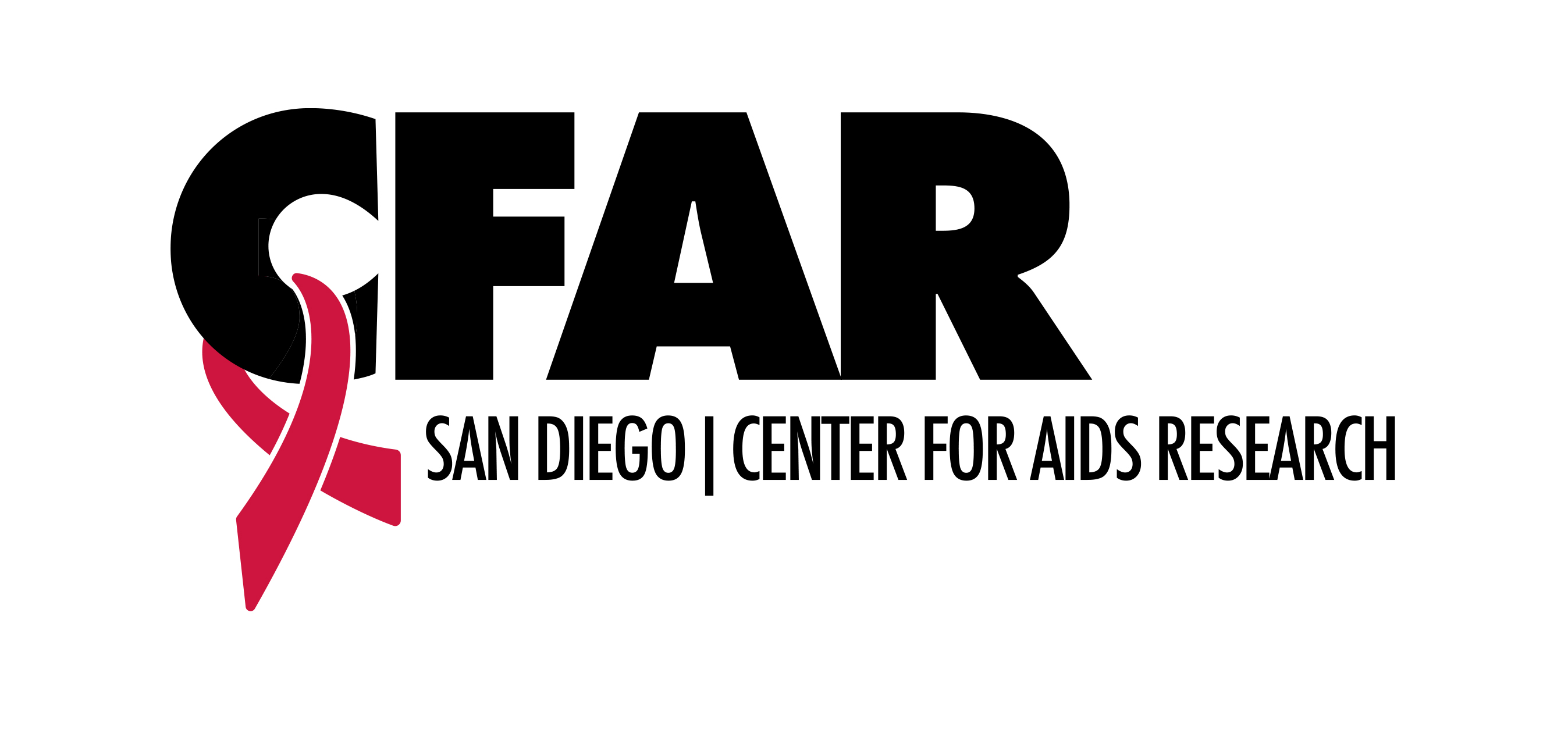Center for AIDS Research Funding Renewed for an Old and On-Going Fight
Five-year, $15 million federal grant supports continued studies of HIV/AIDS at UC San Diego
Published Date
By:
- Scott LaFee
Share This:
Article Content
The National Institute of Allergy and Infectious Diseases has awarded a five-year, $15 million grant to the San Diego Center for AIDS Research (CFAR) at UC San Diego, renewing support that extends back to an original establishing grant in 1994-the height of the AIDS epidemic.

"The grant renewal represents NIAID's continued and enduring investment in our mission to be a critical regional resource in HIV research and education, to advance the discovery and development of new treatments and ultimately, to find a cure for AIDS," said Davey Smith, MD, the grant's principal investigator and new director of CFAR.
Smith, who is also chief of the division of infectious diseases and global public health and professor at UC San Diego School of Medicine, replaces Douglas Richman, MD, Distinguished Professor of Pathology and Medicine, who remains as a co-director at CFAR while also directing The HIV Institute at UC San Diego.
HIV/AIDS entered public consciousness in 1981 with the first reports of a rare, deadly infection in five young, previously healthy gay men, all living in Los Angeles. By year's end, there were 270 reported cases nationally of severe immune deficiency among gay men, with 121 deaths. The mysterious disease would get a name in 1982: acquired immune deficiency syndrome.
The next decade was marked by rapidly escalating numbers of diagnoses and deaths across the United States and globally. AIDS would afflict diverse demographic groups. In 1994, the disease would become the leading cause of death for all Americans ages 25 to 44, with the death toll reaching its all-time annual high of 48,371 in 1995.
CFAR was established by the NIAID as a regional, collaborative, frontline hub for studying HIV, bringing together multiple institutional partners, including The Scripps Research Institute, Sanford Burnham Prebys Medical Discovery Institute and the La Jolla Institute for Allergy and Immunology.
Richman was a founding member of the SD CFAR in 1994—and a veteran in the war against HIV/AIDS. In 1981, he had been an assistant professor operating a diagnostic virology lab at UC San Diego School of Medicine. He saw many of the first cases of HIV/AIDS. "Those early years were hard," he said. "There were no treatments for HIV itself and therapies for infections that complicated AIDS were difficult and often ineffective." Richman served as CFAR co-director from 1994-2001 and was named director in 2001.
CFAR's mission focuses on finding a cure for HIV in those already infected and preventing HIV transmission to those not infected through multi-institutional research, community engagement and training of future investigators and physicians. At UC San Diego, it is part of a larger coalition under the umbrella The HIV Institute, which also encompasses the AntiViral Research Center, HIV Neurobehavioral Research Center and the Owen Clinic at UC San Diego Health, one of the nation's first clinics dedicated to treatment of HIV/AIDS patients.
"A lot has changed since HIV/AIDS first emerged," said Smith," especially in the last several years. We haven't yet found a cure, but there are now effective treatments capable of reducing AIDS to the status of a chronic but manageable condition, not unlike diabetes or hypertension. Thanks to work at places like CFAR and elsewhere, the mortality rate for AIDS is a shadow of what it once was."
In 2015, the most recent data available, there were 6,465 deaths in the United States attributed directly to HIV, according the Centers for Disease Control and Prevention. It represented less than 15 percent of the U.S. death toll in 1995.
Share This:
You May Also Like
Stay in the Know
Keep up with all the latest from UC San Diego. Subscribe to the newsletter today.



